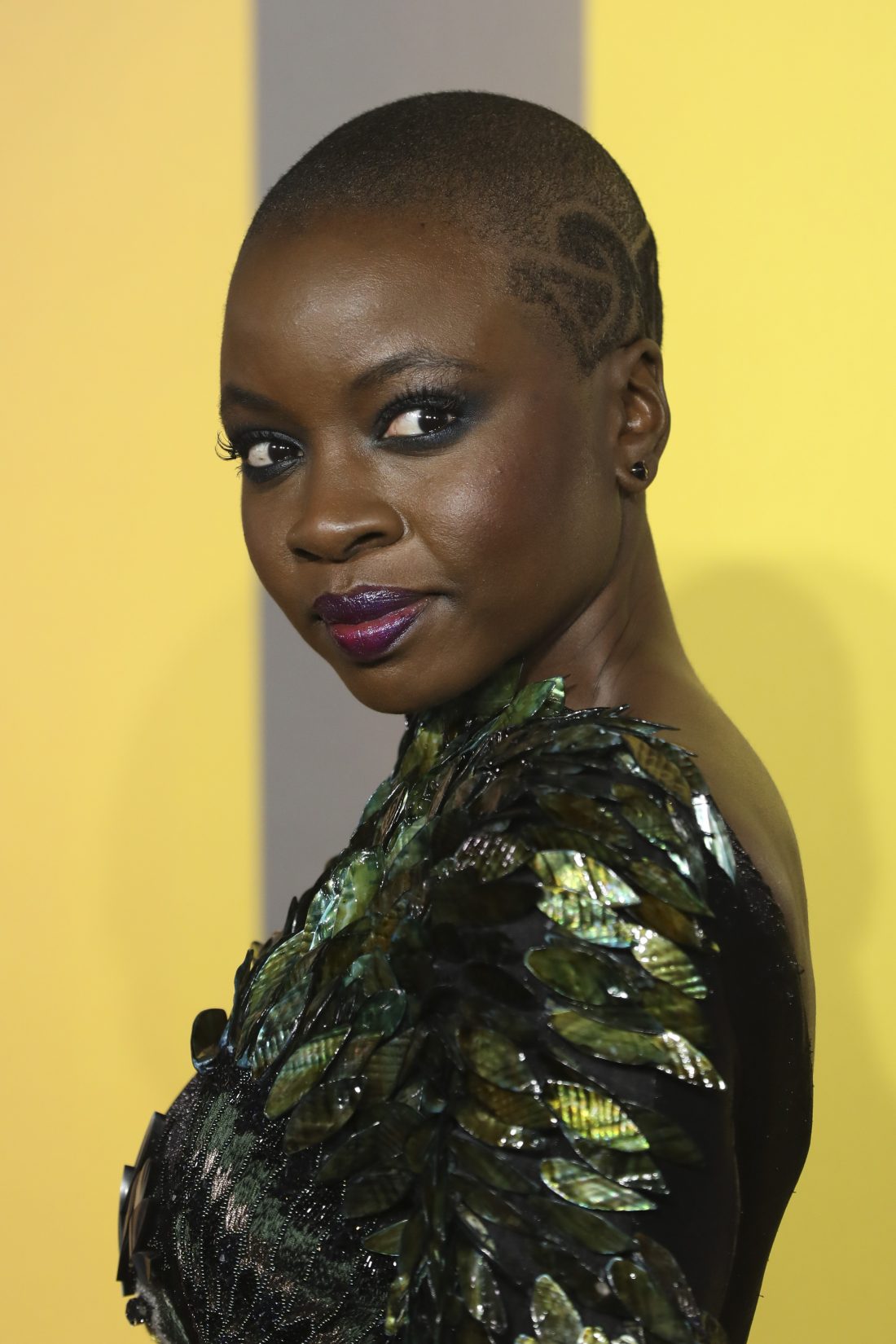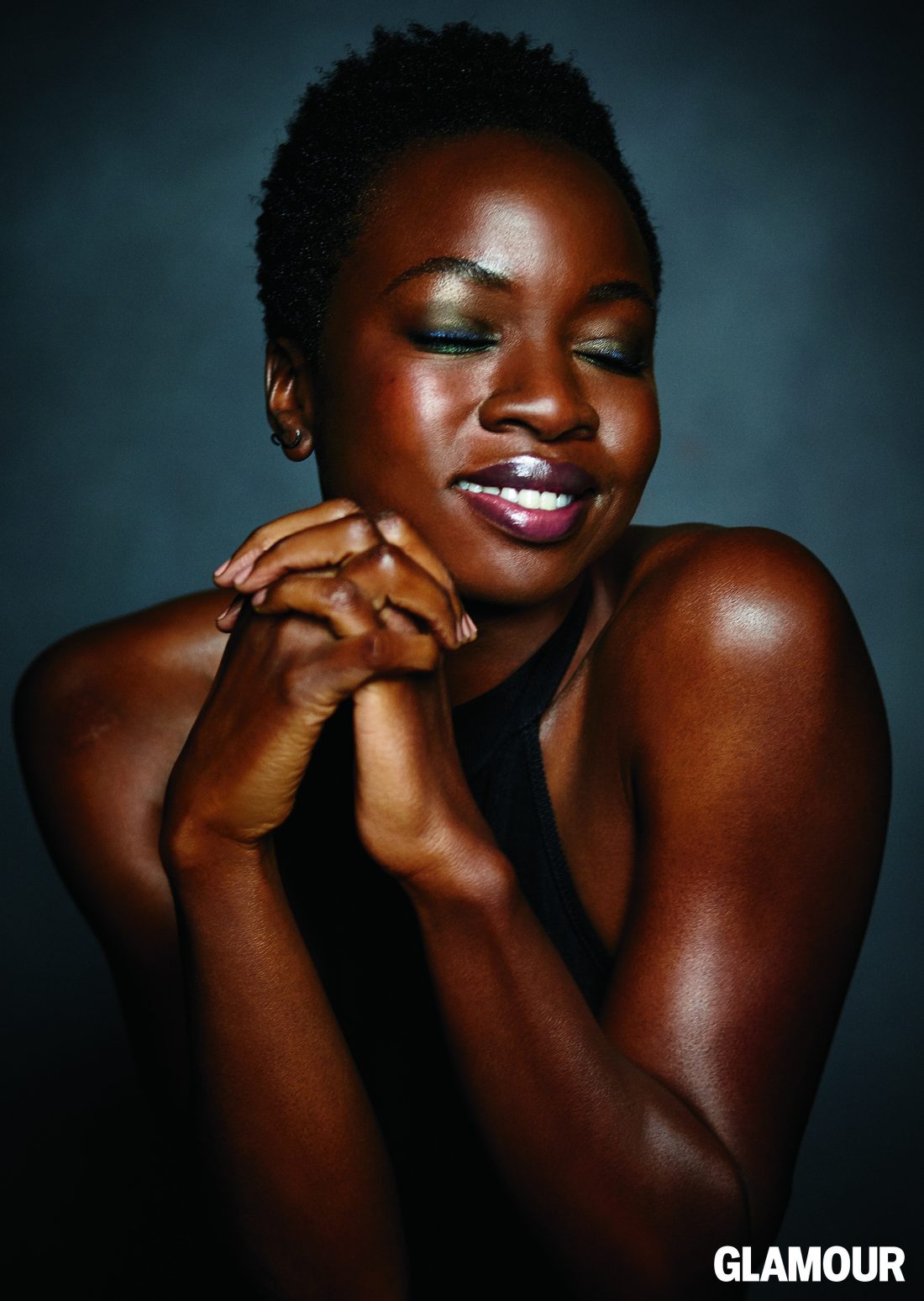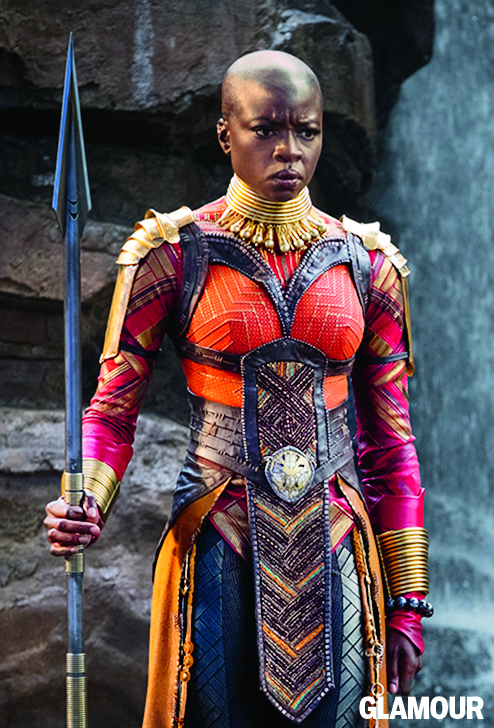Many of us with African names are familiar with the jarring attempts to correctly pronounce it with some even choosing to adopt an ‘easier’ sounding name.
Today, one of the stars of the Black Panther film, Danai Gurira is a household name, but for years she rejected her African name as “weird” and “too much,” opting to use a western nickname in its place. She recently shared her journey toward embracing her name and heritage in Glamour Magazine. By changing her mind about her name, she changed her life. Today, you can call her Danai.

On how she became Dede instead of Danai…
“I didn’t know my name was Danai until I was five years old. Born in Grinnell, Iowa, to Zimbabwean academic parents, I was given a nickname, Dede, that stuck before I was cognizant enough to have a choice in the matter. Danai was on the register, certificates, trophies. Dede prevailed still. My own endorsement made it so. It sounded close enough to a Western name and made me feel like I fit in, to some extent at least. We were one of only two black families in town, and Mom and Dad already talked differently than from everyone else. A strong African name? Too much.”
On the literary influences who changed her mindset…
“I started reading Toni Morrison, Alex Haley, James Baldwin, speeches by Martin Luther King Jr., The Autobiography of Malcolm X. I started to connect the dots around why I was rejecting my people’s cultural markers and the dominating effects of Eurocentric culture. I questioned why I didn’t speak my parents’ native language and began to test how much Shona I knew.”

On coining the term Zimerican…
“The irony that American greats helped bring me to this initial awakening doesn’t go unnoticed by me. It makes me what I am, Zimerican, I call it. Both Zimbabwe and American resonate in me in equally significant parts and can’t be extricated from each other. Right now, both countries sit at defining moments: America faces political division and a crisis of leadership, and Zimbabwe is finding its footing in a transition of power after decades under one man’s rule.”
On the moment she embraced her name…
“I realized my heritage was to be celebrated, not denied. I didn’t want to fit into what I perceived as a more Western, more acceptable mainstream. My middle name, Jekesai, means to “illuminate,” taken from a hymn about praying for a light at the end of a dark tunnel. I was born amid the war for independence in Zimbabwe, and my parents didn’t know whether they’d ever be able to go back. Jekesai was a declaration of their hopes that light would come. I wanted to bring light to those who should be seen more, heard more: people of marginalized cultures.”

On the profound impact accepting ‘Danai’ has had on her life and career…
“I began to ask people to call me Danai. That choice has affected every choice I’ve made since. The stories I tell, the characters I play, the activism I embark upon. It has influenced everything from plays I write (including Eclipsed, about a girl thrown into a rebel war camp in Liberia) to portraying a general of an African king’s army in Black Panther to co-founding the nonprofit Almasi Arts, a Zimbabwean American dramatic arts collaborative.”
To read the full interview, click here.













1 comment